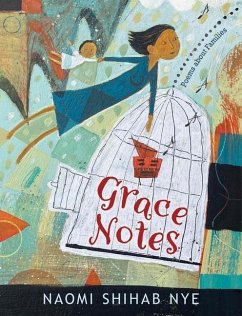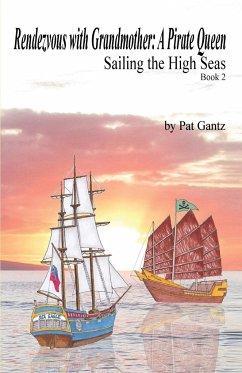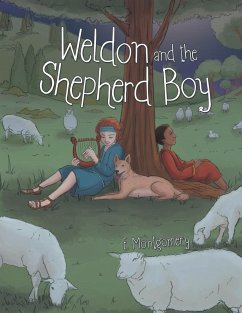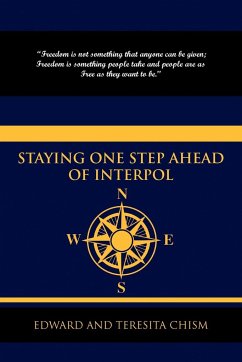
Rambles Beyond Railways or, Notes in Cornwall taken A-foot

PAYBACK Punkte
0 °P sammeln!
"Rambles Beyond Railways" is a travelogue written by using the renowned Victorian writer Wilkie Collins. The book takes readers on a fascinating adventure via various landscapes and locations, transcending the limitations of conventional railway tour. Collins, best known for his contributions to the mystery and sensation novel genres, showcases a unique facet of his literary expertise in this travel narrative. The writer's keen observations and bright descriptions bring to lifestyles the numerous locations he explores, presenting readers a glimpse into the cultural, historical, and natural won...
"Rambles Beyond Railways" is a travelogue written by using the renowned Victorian writer Wilkie Collins. The book takes readers on a fascinating adventure via various landscapes and locations, transcending the limitations of conventional railway tour. Collins, best known for his contributions to the mystery and sensation novel genres, showcases a unique facet of his literary expertise in this travel narrative. The writer's keen observations and bright descriptions bring to lifestyles the numerous locations he explores, presenting readers a glimpse into the cultural, historical, and natural wonders of the mid-19th century. From quaint villages to bustling cities, Collins paints a rich tapestry of the environments he encounters, mixing elements of journey and curiosity. "Rambles Beyond Railways" serves now not simplest as a tour account however additionally as a reflection of Collins' inquisitive thoughts and appreciation for the arena round him. His narrative fashion engages readers with a mix of informative statement and private anecdotes, growing a compelling and immersive studying revel in.














